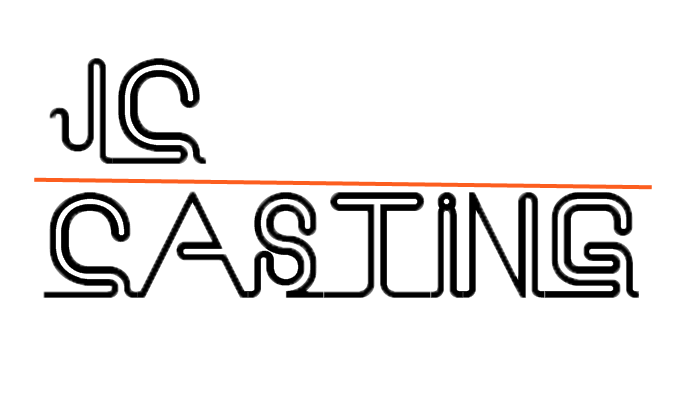1. Manufacturing
The construction and material of the excavator teeth and adapters is a major criterion as this will directly determine their wear life and strength, but so is the shape and design.
For cost and pollution reasons, teeth are cast in foundries, currently mainly in third world countries. The material used in the casting process and the type of mold used will determine the longevity, breakage and assembly time of the tooth. In addition, the heat treatment process affects hardness, which in turn affects wear life.
2. Wear life
The wear life of excavator teeth is affected differently by various materials. Sand is extremely abrasive, and rocks, mud, and other materials that are excavated or loaded can affect their wear life, depending on their quartz content. The larger the wear surface, the longer the life of the teeth before replacement.
These excavator teeth are best suited for loading and material handling applications, rather than digging or trenching, where high penetration and impact forces are required. Larger wear surface areas tend to be less efficient when penetrating hard, compacted ground.
3. Penetration
The amount of surface area in contact with the ground during penetration determines the efficiency of the tooth. If the teeth have a larger width, blunt or "spherical" surface area, additional power from the excavator is required to penetrate the material, so more fuel is used and more stress is created on all parts of the machine .
The ideal design is for teeth to self-sharpen, which means they continue to self-sharpen as they wear.
To penetrate tightly compacted rock or frozen ground, you may need sharp "V" shaped teeth called "double tiger teeth". These are ideal for digging and trenching as they allow the bucket to traverse the material with ease, but since there is less material in them, they have a short lifespan and they do not provide a smooth bottom for holes or trenches .
4. Influence
Teeth with high impact resistance can withstand penetrating impacts and high blasting forces. They are best suited for excavation and trenching applications when using excavators, backhoes or other machines with high digging forces, especially in rocky environments or quarries.
The fit of the teeth to the adapter is very important because incorrect fit can re-apply stress to the pin, which can create weak points, or the pin can even come off under stress.

